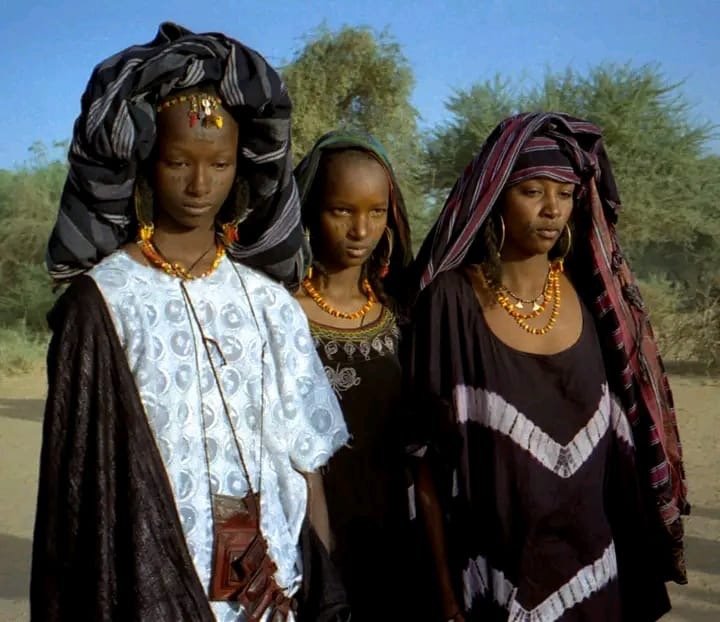TRAVEL ADVISORY LEVEL 3: RECONSIDER TRAVEL!
Nigeria remains a very dangerous place to live and work. We are sharing this travel advisory from the US Embassy, below, so that you can understand the constant threat to our work and safety there. We are constantly changing plans due to safety threats. Please continue to pray for our team in Nigeria!
Reconsider travel to Nigeria due to crime, terrorism, civil unrest, kidnapping, and armed gangs. Some areas have increased risk. Read the entire Travel Advisory.
Do Not Travel to:
Borno, Yobe, Kogi, and northern Adamawa states due to terrorism and kidnapping
Bauchi, Gombe, Kaduna, Kano, Katsina, Sokoto, and Zamfara states due to kidnapping
Abia, Anambra, Bayelsa, Delta, Enugu, Imo, and Rivers states (with the exception of Port Harcourt) due to crime, kidnapping, and armed gangs.
Country Summary:
Violent crime – such as armed robbery, assault, carjacking, kidnapping, hostage taking, roadside banditry, and rape – is common throughout the country. Kidnappings for ransom occur frequently, often targeting dual national citizens who have returned to Nigeria for a visit, as well as U.S. citizens with perceived wealth. Kidnapping gangs have also stopped victims on interstate roads.
Terrorists continue plotting and carrying out attacks in Nigeria. Terrorists may attack with little or no warning, targeting shopping centers, malls, markets, hotels, places of worship, restaurants, bars, schools, government installations, transportation hubs, and other places where crowds gather. Terrorists are known to work with local gangs to expand their reach.
There is civil unrest and armed gangs in parts of Southern Nigeria, especially in the Niger Delta and Southeast regions. Armed criminality and gangs, including kidnapping and assaults on Nigerian security services is also pervasive in this region.
Violence can flare up between communities of farmers and herders in rural areas.
The U.S. government has limited ability to provide emergency services to U.S. citizens in many areas of Nigeria due to security conditions.
HELP, LORD JESUS! WE PRAY FOR PEACE IN NIGERIA!
The Wodaabe People
The Wodaabe, also known as the Mbororo or Bororo, are a small subgroup of the Fulani ethnic group. They are traditionally nomadic cattle-herders and traders in the Sahel, with migrations stretching from southern Niger, through northern Nigeria, northeastern Cameroon, southwestern Chad, western region of the Central African Republic and the northeastern of the Democratic Republic of Congo . The number of Wodaabe was estimated in 2001 to be 100,000. They are known for their elaborate attire and rich cultural ceremonies.
The Wodaabe speak the Fula language and don't use a written language. In the Fula language, woɗa means "taboo", and Woɗaaɓe means "people of the taboo". This is sometimes translated as "those who respect taboos", a reference to the Wodaabe isolation from broader Fulbe culture, and their contention that they retain "older" traditions than their Fulbe neighbors. In contrast, other Fulbe as well as other ethnic groups sometimes refer to the Wodaabe as "Mbororo", a sometimes pejorative name, translated into English as "Cattle Fulani", and meaning "those who dwell in cattle camps".
By the 17th century, the Fula people across West Africa were among the first ethnic groups to embrace Islam, were often leaders of those forces which spread Islam, and have been traditionally proud of the urban, literate, and pious life with which this has been related. Both Wodaabe and other Fulbe see in the Wodaabe the echoes of an earlier pastoralist way of life, of which the Wodaabe are proud and of which urban Fulbe are sometimes critical.
From Missionary Phyllis Sortor: Beautiful Fulani people and culture! They are precious sheep the Good Shepherd has entrusted into our hands.
QUESTION from Dee Dee: Beautiful women, but look very sad. How are they reached with the gospel with no written language?
ANSWER from Phyllis: Fortunately there is a missions organization that records the Gospel in the Fufulde and many other languages. They record them onto SD cards that fit in their phones! We've distributed thousands of these cards!! Trusting God to use them and our prayers to bring these precious ones to faith in Jesus.
ANSWER from Sarah: Africans often pose very somberly for pictures.
COMMENT from Bernice: We Americans are so deprived of the lives of other cultures. I see Jesus walking through Samaria and Paul crossing the ocean.. living amongst those of other cultures. And we struggle to find interest and caring even for our own native Americans. God forgive us.. open our eyes.
COMMENT from Jerry: Thank you for that description. About ten years ago we were supporting a couple who were missionaries to the Woodabe Fulani people. The couple were from the Evangelical Free Church in Hershey PA.
Lord Jesus, we are SO thankful for the diversity upon this lovely Earth! You rule and reign over us, and over the Wodaabe, and over every other tribe throughout this whole world! Thank you for your Presence over all the earth, and thank you for your Presence in our hearts! We pray the same blessings over the Wodaabe people - would You make a way for them to join us in Your kingdom? May it be so, in Jesus' name, AMEN!
Join us in what God is doing in Nigeria!
Your monthly gift goes directly to Nigeria, to support the salaries of our WONDERFUL teachers and nurses! One-time gifts are also welcome!
PRAYER REQUESTS:
Pray for Phyllis and the Nigeria team, for stamina, endurance, and safety.
Pray for the Wodaabe People, for the harvest is great, but the workers are few!
Pray for an upcoming Secondary School on Bobi Grazing Reserve - there has been a delay, but God can make our paths smooth!

